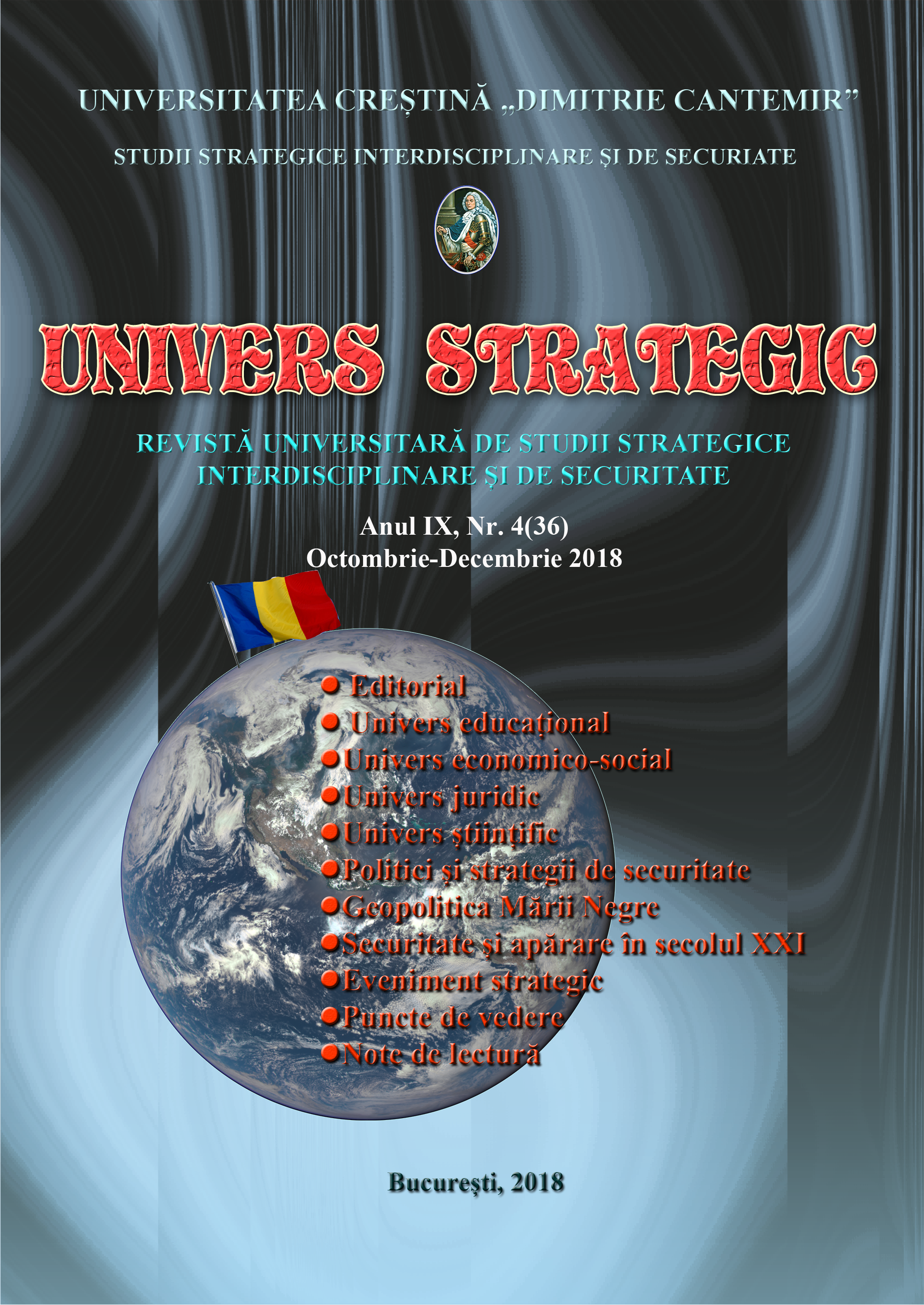RELECȚII ASUPRA RESPECTĂRII PRINCIPIULUI AFLĂRII ADEVĂRULUI ÎN PROCESUL PENAL
CONSIDERATIONS ON HOW THE PRINCIPLE OF FINDING THE THRUTH IS APPLIED IN THE CRIMINAL PROCESS
Author(s): Bogdan DavidSubject(s): Law, Constitution, Jurisprudence, Criminal Law
Published by: Universitatea Crestina "Dimitrie Cantemir"
Keywords: truth; penal trial; judicial institutions; legal methods; inquiry;
Summary/Abstract: The problem of finding out the truth in the criminal process can be understood and solved correctly, only by the exquisite representation of truth in a philosophical sense. In other words, it should be pointed out that the only correct conception of truth is identified in the positivist gnoseology, a concept according to which the truth is the fair, proved by practice reflection of the objects and phenomena of nature and society, existing outside consciousness and independent of it. In the light of this conception, truth has an objective character. Consequently, truth as the subjective representation of objective elements is an objective truth, since it reflects the properties and real structure of the surrounding objects without depending on the subjectivity of the agent on whose subjective plan the objective elements were reflected. In the criminal trial, finding the truth is limited to the facts and circumstances that are the object of the probation. Looked between these coordinates, between which reality is investigated, which does not rise to the general level of scientific knowledge of nature and society, the truth established in a judicial procedure must not be appreciated by the dialectic of absolute or relative truth.Thus, in the judicial procedure of finding the truth, the dialectic of absolute truth or relative truth must be replaced by the dialectic of truth and error that can operate in a limited field such as the one set up by the subject of probation in a criminal case.
Journal: Revista Univers Strategic
- Issue Year: VIII/2018
- Issue No: 36
- Page Range: 108-112
- Page Count: 5
- Language: Romanian

